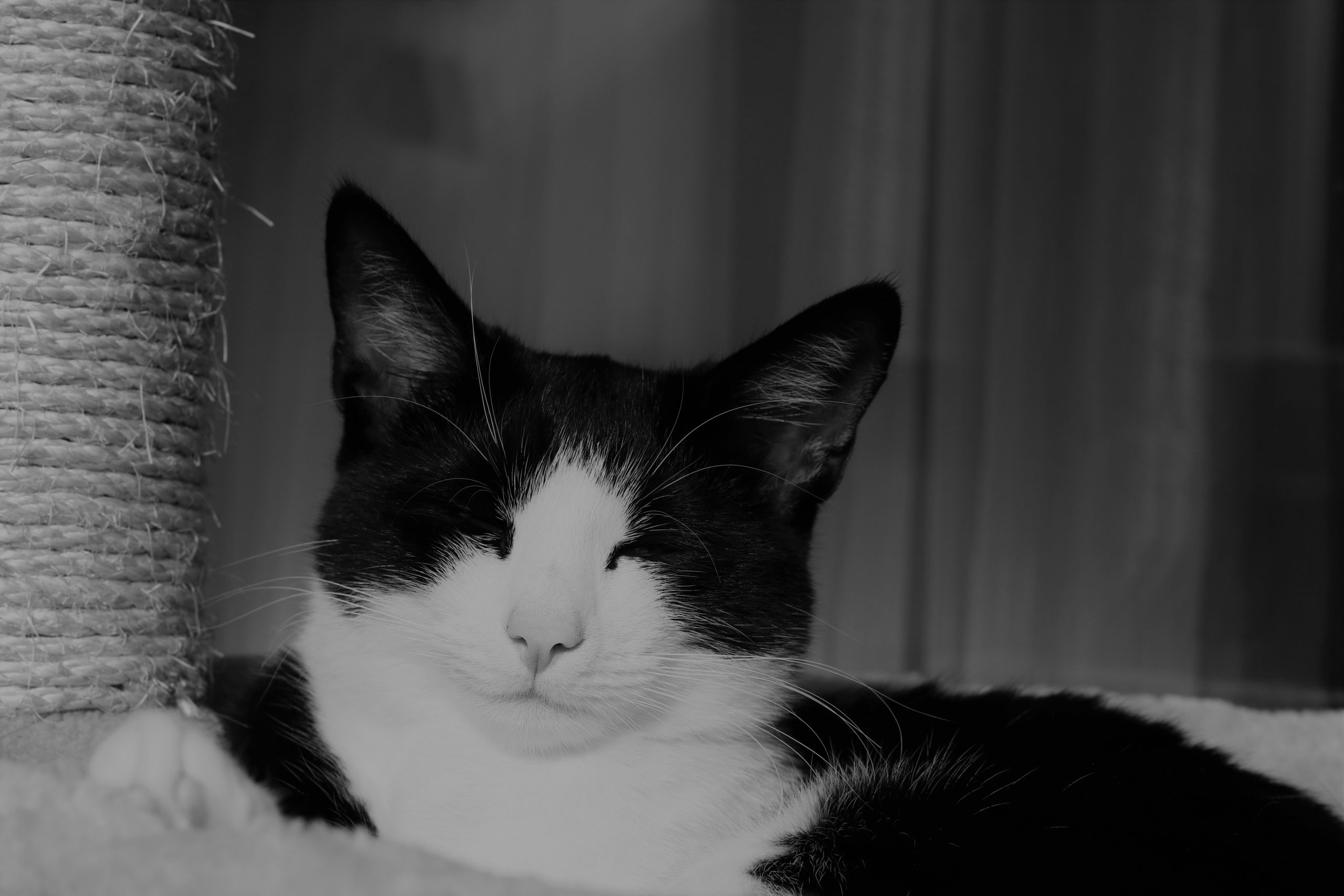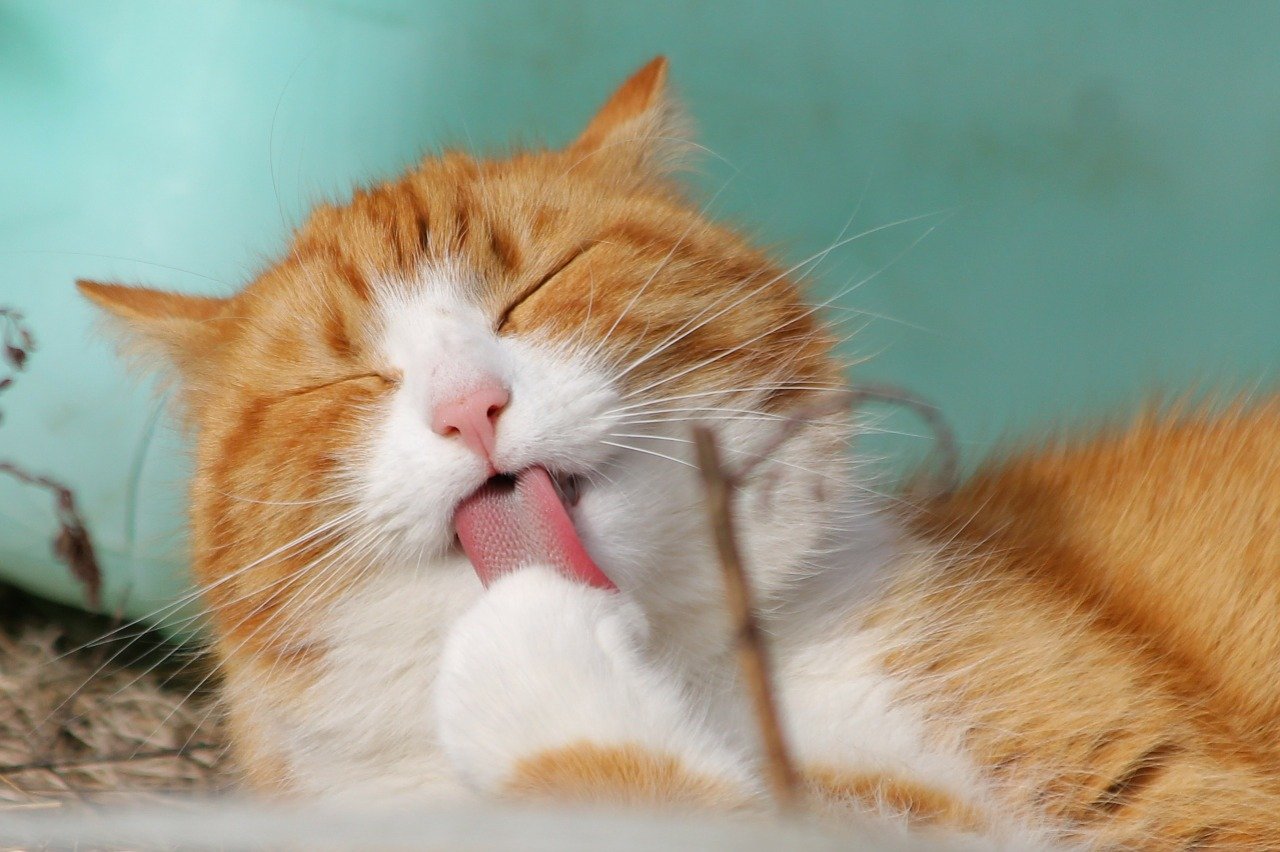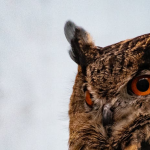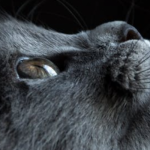Exotic Pet Cats: What You Need to Know Before Adopting One
Exotic pet cats have become increasingly popular in recent years, with many people opting to bring these unique and fascinating animals into their homes. While traditional domestic cats are beloved by many, exotic pet cats offer a new level of excitement and intrigue for those seeking a more unconventional pet.
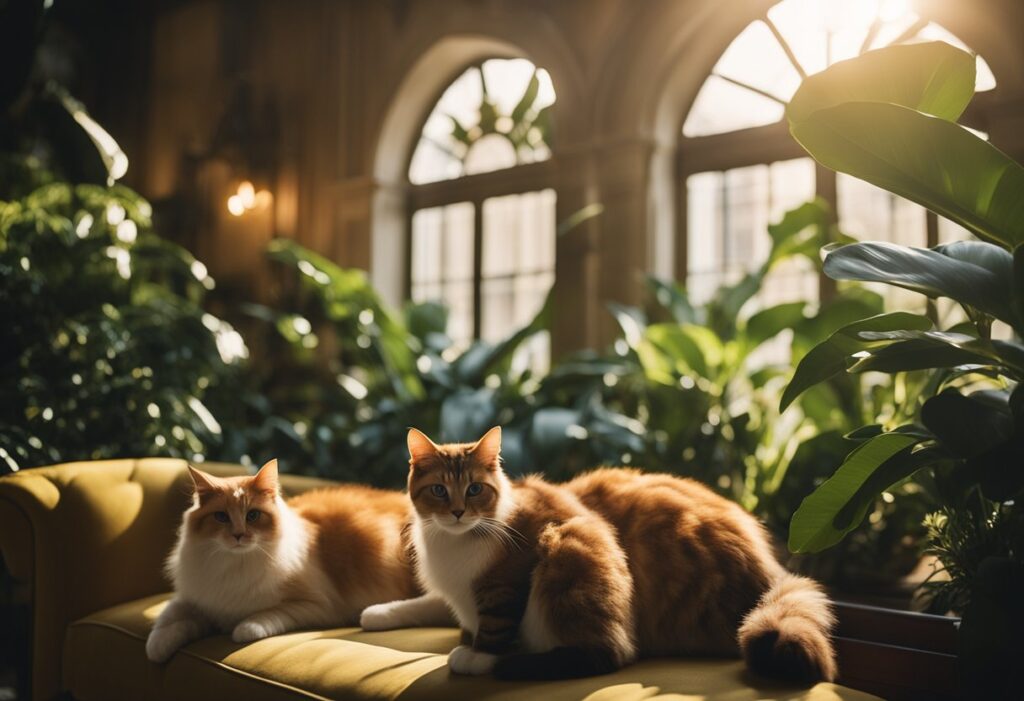
One of the most popular types of exotic pet cats is the Bengal cat, which is a cross between a domestic cat and an Asian leopard cat. These cats are known for their wild appearance, with distinctive markings and a muscular build. They are also highly intelligent and playful, making them a great choice for families or individuals who are looking for an active and engaging pet.
Another popular exotic pet cat is the Savannah cat which is known for its striking appearance and playful demeanor. It is a crossbreed between a domestic cat and a serval, a wild African cat. Savannah cats have long legs and a lead build. They are also very energetic and inquisitive, making them a great choice for those who are looking for a pet that will keep them on their toes. Overall, exotic pet cats offer a unique and exciting pet ownership experience that can be incredibly rewarding for those who are up for the challenge.
Choosing the Right Exotic Pet Cat
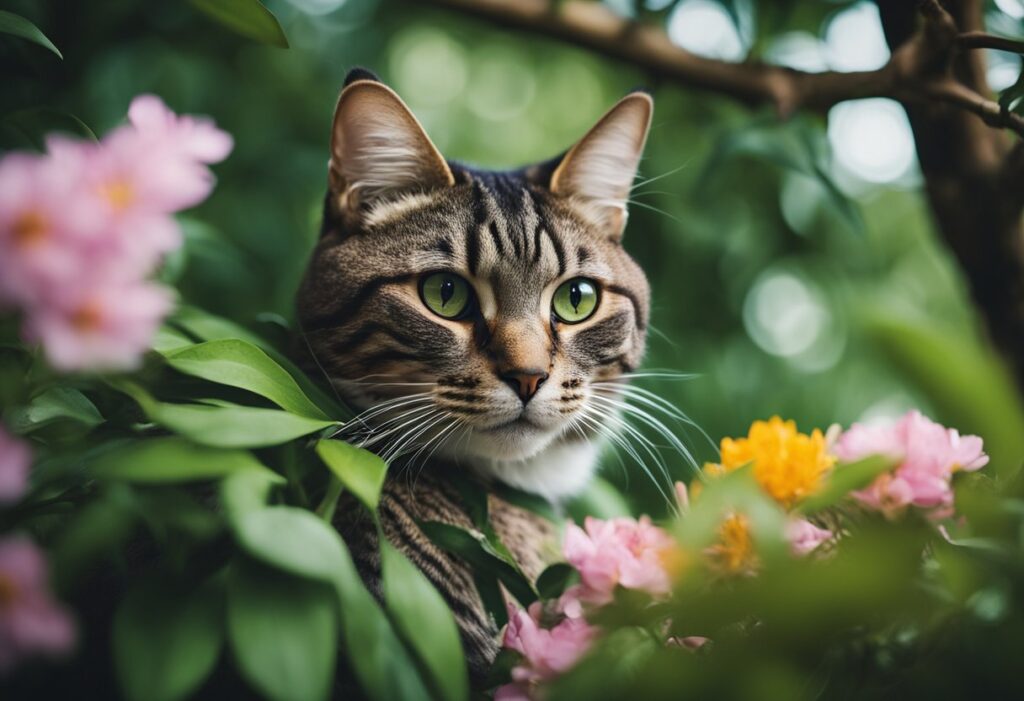
Species Overview
Exotic pet cats come in various breeds, each with its unique characteristics. Some popular breeds include the Bengal, Savannah, and Sphynx. It is essential to research the different breeds before choosing one to ensure that it suits your lifestyle and personality.
Legal Considerations
Before getting an exotic pet cat, it is crucial to check the legal requirements in your area. Some states and countries have restrictions on owning certain breeds of cats or require permits to keep them as pets. It is important to comply with all legal regulations to avoid any legal issues.
Habitat Requirements
Exotic pet cats require a suitable habitat to thrive. They need a spacious and secure area to play and exercise. The habitat should have litter boxes, scratching posts, and toys to keep them entertained. It is also important to provide a balanced diet and fresh water to keep them healthy.
Personality and Behavior
Exotic pet cats have unique personalities and behaviors that vary depending on the breed. Some breeds are more social and affectionate, while others are independent and aloof. It is essential to choose a breed that matches your personality and lifestyle to ensure a good fit.
In conclusion, choosing the right exotic pet cat requires research and careful consideration. It is important to consider the legal requirements, habitat requirements, and the cat’s personality and behavior before making a decision. With proper care and attention, an exotic pet cat can make an excellent addition to your family.
Caring for Exotic Pet Cats
Diet and Nutrition
Exotic pet cats require a diet that closely mimics their natural diet in the wild. This means a high protein, low carbohydrate diet that is rich in moisture. It is important to offer a variety of protein sources, such as chicken, turkey, and fish, to ensure they receive a balanced diet. Additionally, fresh water should be available at all times.
Healthcare and Vaccinations
Regular veterinary check-ups are essential for the health of exotic pet cats. They require vaccinations and preventative care just like domestic cats. It is important to find a veterinarian who is experienced with exotic animals and can provide proper care. Additionally, exotic pet cats should be spayed or neutered to prevent unwanted litters and potential health issues.
Enrichment and Training
Exotic pet cats are intelligent animals and require mental and physical stimulation to prevent boredom and destructive behavior. Providing toys, scratching posts, and playtime is important for their well-being. Additionally, training can help establish a bond between the cat and owner, and can be used to teach basic commands and tricks.
Long-Term Commitments
Exotic pet cats can live for up to 20 years, so it is important to consider the long-term commitment before bringing one into your home. They require daily care and attention, and may have specific needs based on their species. It is important to research and understand the needs of the specific cat before making a commitment.
Overall, caring for an exotic pet cat requires knowledge, commitment, and proper care. By providing a balanced diet, regular veterinary care, enrichment and training, and understanding the long-term commitment, owners can ensure their exotic pet cat lives a happy and healthy life.

